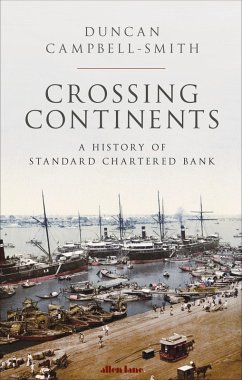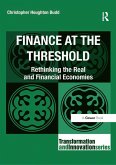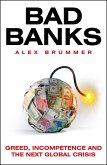The unravelling of the Empire after 1945 eventually forced Britain's overseas banks to confront a different future. The Standard and the Chartered, alarmed at the expansion of American banking, determined in 1969 on a merger as a way of sustaining the best of the City's overseas traditions. But from the start, Standard Chartered had to grapple with the fading fortunes of its own inherited franchise - badly dented in both Asia and Africa - and with radical changes in the nature of banking. Its British managers, steeped in the past, proved ill-suited to the challenge. By the late 1980s, efforts to expand in Europe and the USA had brought the merged Group to the brink of collapse.
Yet it survived - and then pulled off a dramatic recovery. Standard Chartered realigned itself, just in time, with the phenomenal growth of Asia's 'emerging markets', many of them in countries where the Chartered had flourished a century earlier. In the process, the Group was transformed. Trebling its workforce, it brushed aside the global financial crisis of 2008 and by 2012 could look back on a decade of astonishing growth. Recent times have added an eventful postscript to a long and absorbing history.
Crossing Continents recounts Standard Chartered's story with a wealth of detail from one of the richest archives available to any commercial bank. The book also affords a rare and compelling perspective on the evolution of international trade and finance, showing how Britain's commercial influence has actually worked in practice around the world over one hundred and fifty years.
Dieser Download kann aus rechtlichen Gründen nur mit Rechnungsadresse in A, B, BG, CY, CZ, D, DK, EW, E, FIN, F, GR, HR, H, IRL, I, LT, L, LR, M, NL, PL, P, R, S, SLO, SK ausgeliefert werden.









